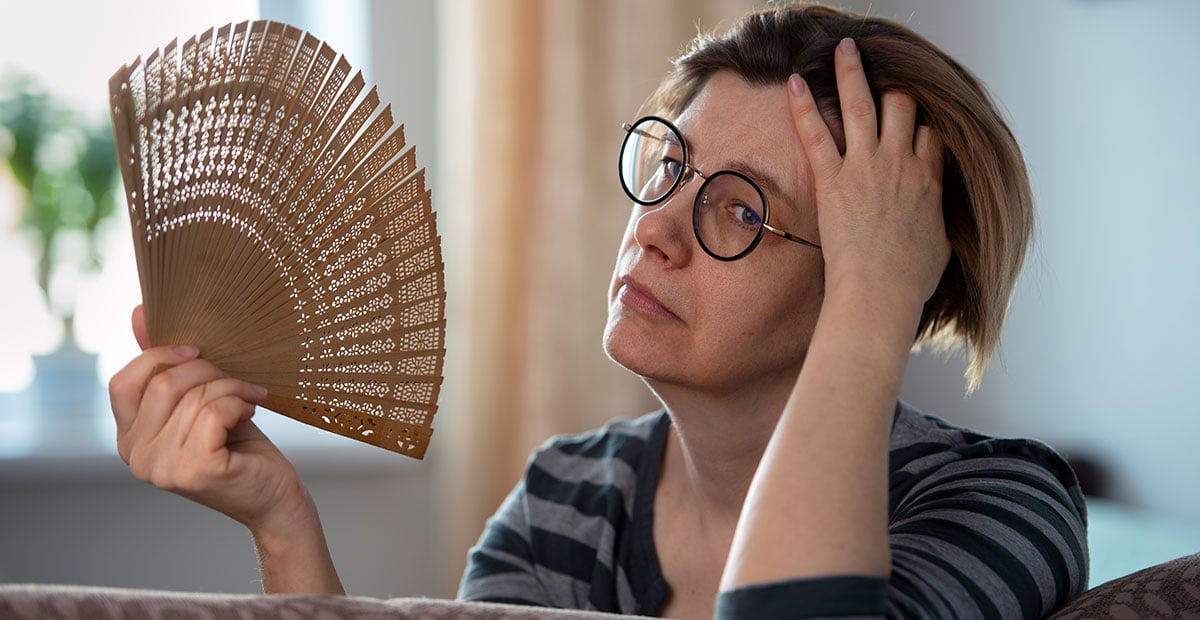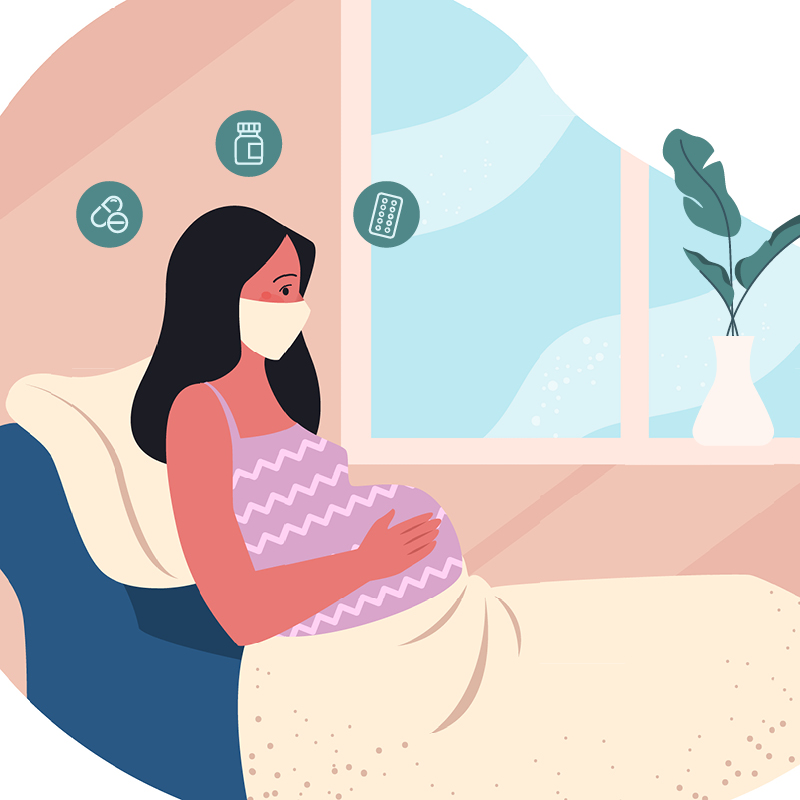Menopause is a process every woman goes through in her life – but not something that is discussed openly. For that reason, the transition leading up to menopause – called perimenopause – may catch some women off guard, leaving them to deal with symptoms silently and alone.
Stephanie Bousquet, MD, is a OBGYN provider with the Women’s Health & Wellness Center in Pittsford and has conversations with many of her patients about menopause and the changes that come with it. She explains how perimenopause unfolds, how to recognize the symptoms, and how to find relief from some of the symptoms.
Signs and symptoms of perimenopause
Perimenopause lasts approximately 4-8 years and varies from person to person. Some women experience no symptoms at all and transition into menopause without having realized they were going through their perimenopausal period.
Other women may experience at least one of the following symptoms to varying degrees:
- changes in sex drive (libido)
- cognitive changes
- hot flashes
- insomnia
- menstrual irregularity (skipping cycles, prolonged time between cycles)
- mood changes
- night sweats
- vaginal dryness
Gynecology providers can confirm someone is going through perimenopause through specific lab tests, including a follicle-stimulating hormone (FSH) level test or estrogen level test.
Treating perimenopausal symptoms
While symptoms like hot flashes and insomnia can interfere with daily life, there are regularly-prescribed hormonal and non-hormonal treatments for these and other symptoms that can help make life easier.
Hormone replacement therapy with estrogen and progesterone can help to lessen the intensity of hot flashes. Birth control can also be used to reduce hot flashes, provide contraception, and regulate your period.
Non-hormonal therapy such as anti-depressant medications, gabapentin, and a newly-approved medication called Veozah can also help with hot flashes.
There is some research showing estrogen derived from plants (phytoestrogens) like soy or flaxseed can help, as well.
Magnesium supplements can help some women with lack of sleep or insomnia, according to research.
Vaginal estrogen creams and lubricants can help to lessen dryness and reduce pain related to sex.
“Lifestyle changes like daily exercise, breathing techniques, mindfulness, hypnosis, and having a plant-based diet can also be helpful for those going through menopause,” Dr. Bousquet said.
Transitioning to menopause
Entering menopause happens when a woman goes 12 consecutive months without a period. At this point, her ovaries have stopped releasing eggs (ovulating) and are producing significantly less estrogen.
Until this point, if a woman experiences vaginal bleeding, it can be part of the perimenopausal process. However, after this change takes place, patients should go see their gynecologist if they have vaginal bleeding as it may be a sign of endometrial cancer.
“Women unfortunately think it’s just normal to go through daily life with these symptoms,” Dr. Bousquet said. “If they have symptoms that affect their life on a daily basis, they should go to their gynecologist to talk about options for treatment.”










